Migration in Colonial Spanish America
In this collection of innovative essays an international team of contributors provides theoretical, methodological and substantive empirical analysis of migration in Latin America. Ranging in time from the sixteenth through the mid-nineteenth century, the studies will attract the attention of all Latin American specialists. They provide conclusive evidence of the ubiquity of migration in the early modern period, challenging views of immobile peasants held in the grip of static colonialism. They show that to migrate was one of the most important means of coping with Spanish colonialism. The essays are written from a multi-disciplinary perspective and thus provide data and interpretations that are novel and represent important contributions to colonial Latin American studies. They address the basic questions of who migrated, why did they migrate, how can one interpret migration fields, what role did economic opportunity or ecological conditions play, and not least, what was the impact of migrants on non-migrant communities in both rural and urban areas. The picture that emerges is one of colonial Spanish America in continual flux: spatial mobility was no less pronounced than social/racial change.
{{comment.content}}

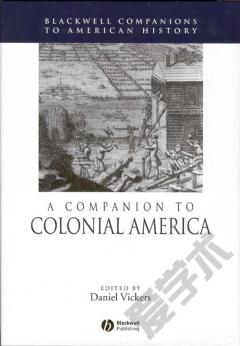
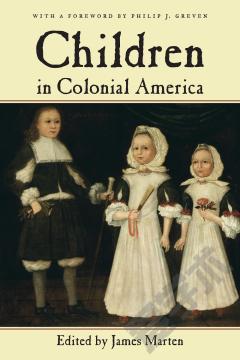

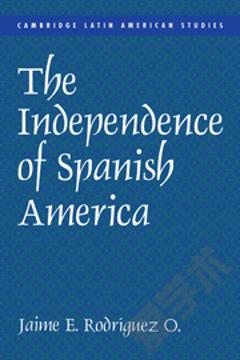
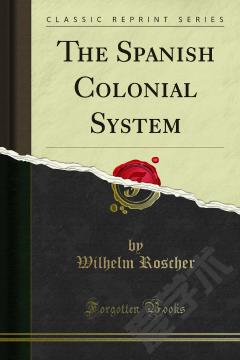
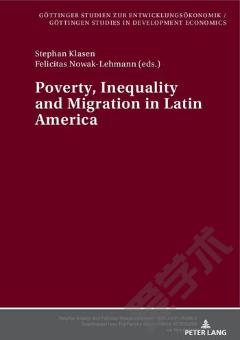

 京公网安备 11010802027623号
京公网安备 11010802027623号